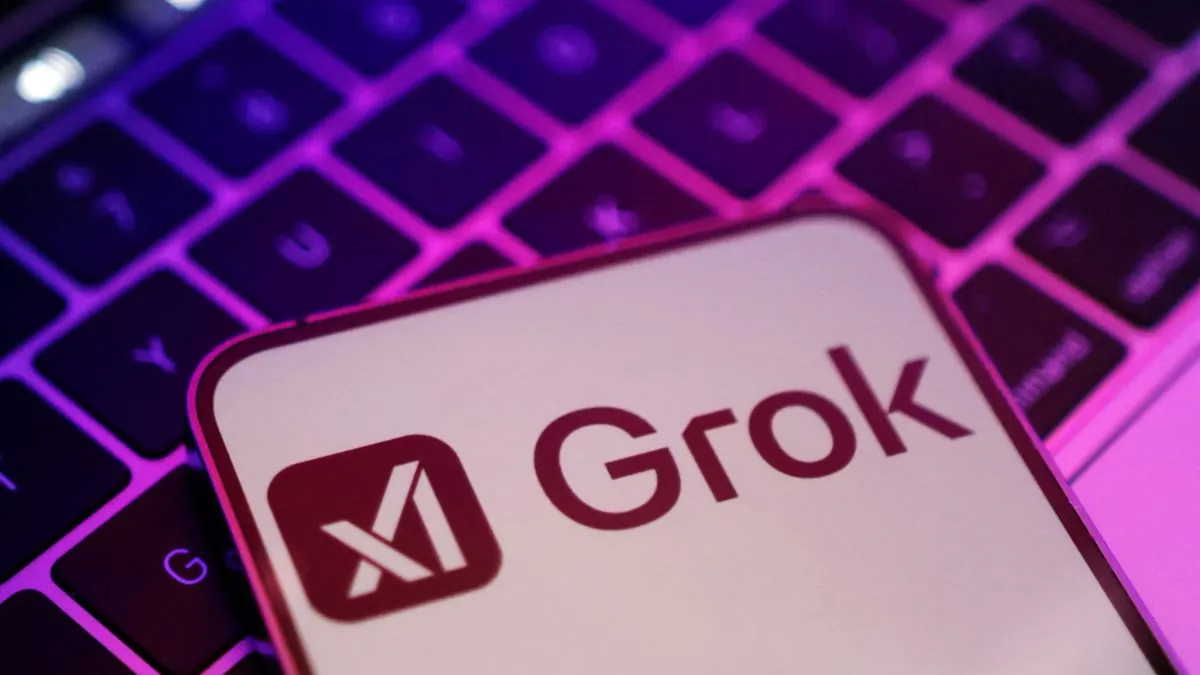- By Alex David
- Sat, 27 Sep 2025 12:18 AM (IST)
- Source:JND
Elon Musk’s artificial intelligence company, xAI, is suing OpenAI over claims the ChatGPT maker used its tech to poach workers with access to sources of proprietary information. The suit, which was filed in California on Wednesday, is the most recent step in a battle between the two AI companies.
OpenAI purportedly engaged in a “course of conduct” that included hiring former xAI staff with inside access to Grok, an xAI AI chatbot system, and knowledge of its data center strategy and other proprietary technologies, the complaint states.
xAI’s Claims Against OpenAI
OpenAI has been encouraging xAI employees to violate confidentiality agreements, says the lawsuit, and in doing so is gaining an unfair edge in the burgeoning AI business.
The complaint alleges:
- OpenAI went after those who knew the source code of xAI and business plans long-term.
- The company resorted to “unlawful means” to induce employees to violate contractual obligations.
- These were all tactics to try and weaken xAI’s competitive position.
The allegations have been denied by OpenAI, who claim the case is one more chapter of an ongoing “harassment campaign” against them by Elon Musk, according to Reuters.
ALSO READ: iQOO Confirms Global Launch Of OriginOS 6 On October 15: Features, Beta Build, And Eligible Devices
Key Employees Named in the Lawsuit
The complaint quotes several former xAI employees, including:
- Xuechen Li, a former employee xAI had earlier sued this year for supposedly disclosing the demo code to OpenAI.
- Jimmy Fraiture, another former staffer who has been accused of holding sensitive information.
- A defendant, though he is not individually listed in the complaint.
None of those named in the case have publicly commented on it so far.
Musk vs. OpenAI: A History of Legal Battles
It's not the first time Musk has tangled in court with OpenAI. That didn't even cover the electric driving from LA to SF (& back)—Elon Musk (@elonmusk) February 28, 2020 The Tesla and SpaceX CEO has previously sued OpenAI over concerns about its turn from a nonprofit model to a for-profit one, which he said are at odds with what OpenAI was founded to accomplish. OpenAI responded by countersuing Musk, alleging harassment and tortuous interference.
In another lawsuit, xAI has accused Apple of colluding with OpenAI to forestall competition in the artificial intelligence industry.
The overlapping lawsuits underscore how Musk is ramping up his battle against what he perceives as Big Tech’s stranglehold on AI.
Why This Matters
The complaint highlights a number of challenges in the fast-evolving A.I. business:
- Employee mobility vs. trade secrets: Tech companies often fight with one another for top talent, but cases like this one also shade into the boundaries between legitimate recruiting and possible theft of intellectual property.
- The race for dominance in AI: With OpenAI raking in dollars on the market with ChatGPT (in addition to Microsoft-tied projects) and xAI building Grok on X (previously Twitter), the fight over technical advantage is real.
- AI and legal precedents: Courts might one day have to decide how far companies can go to protect their code, data center strategies and internal research from rivals.
What’s Next
Before then, California courts will determine whether or not xAI’s claims have merit or if this is simply part of Musk’s escalating war with OpenAI. Should the lawsuit move forward, it could hash out sensitive information about both companies’ strategies for developing AI in public.
OpenAI has so far denied all allegations, and xAI is moving forward with its lawsuit. Given Musk’s penchant for spiking libel balls and the increasing influence of OpenAI within the AI market itself, however, this drama seems far from over.
Elon Musk’s xAI has filed suit against OpenAI, accusing the startup of stealing trade secrets and a raid on personnel that has been brewing for quite some time. The result could have long-lasting effects on how competition and employee mobility works in the A.I. industry.
